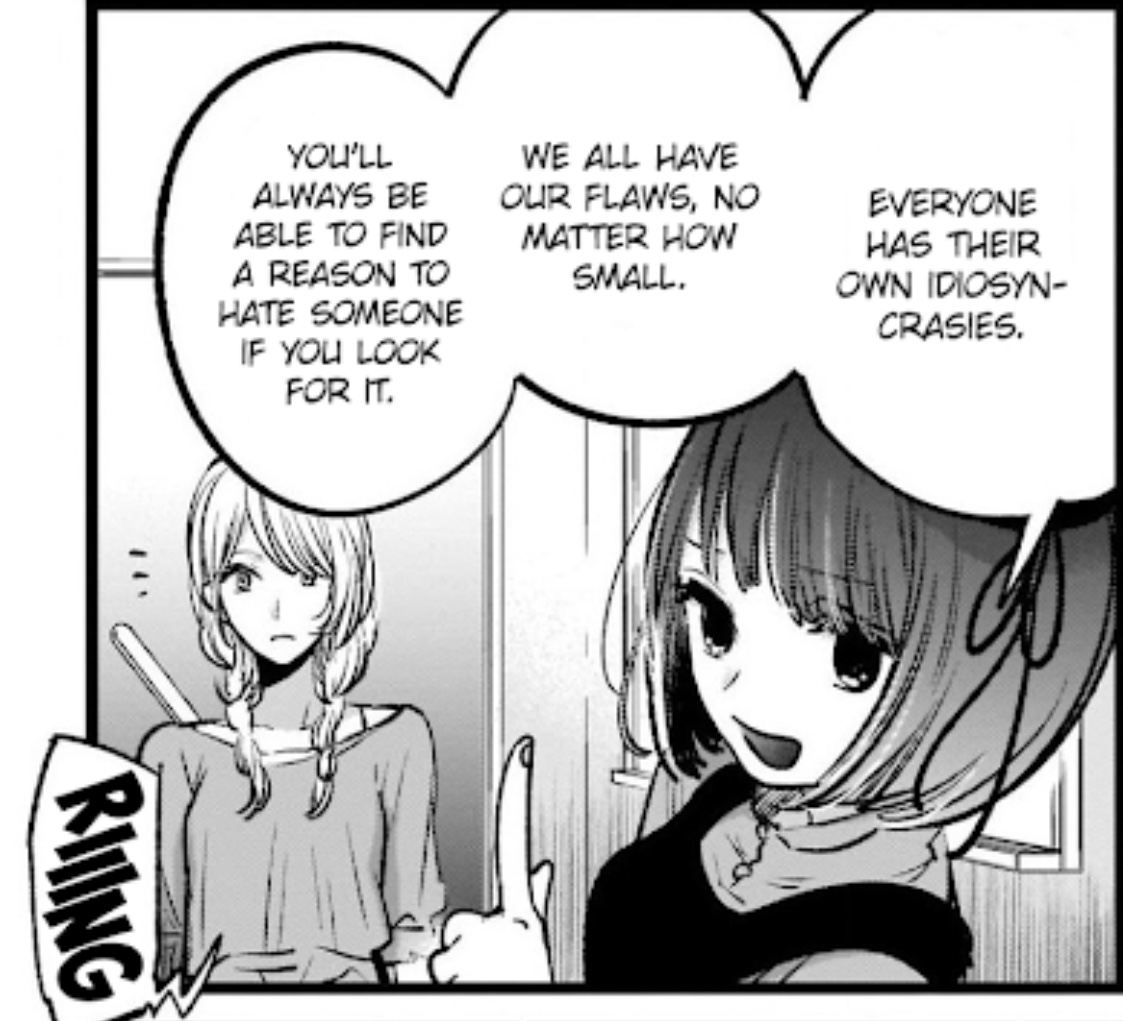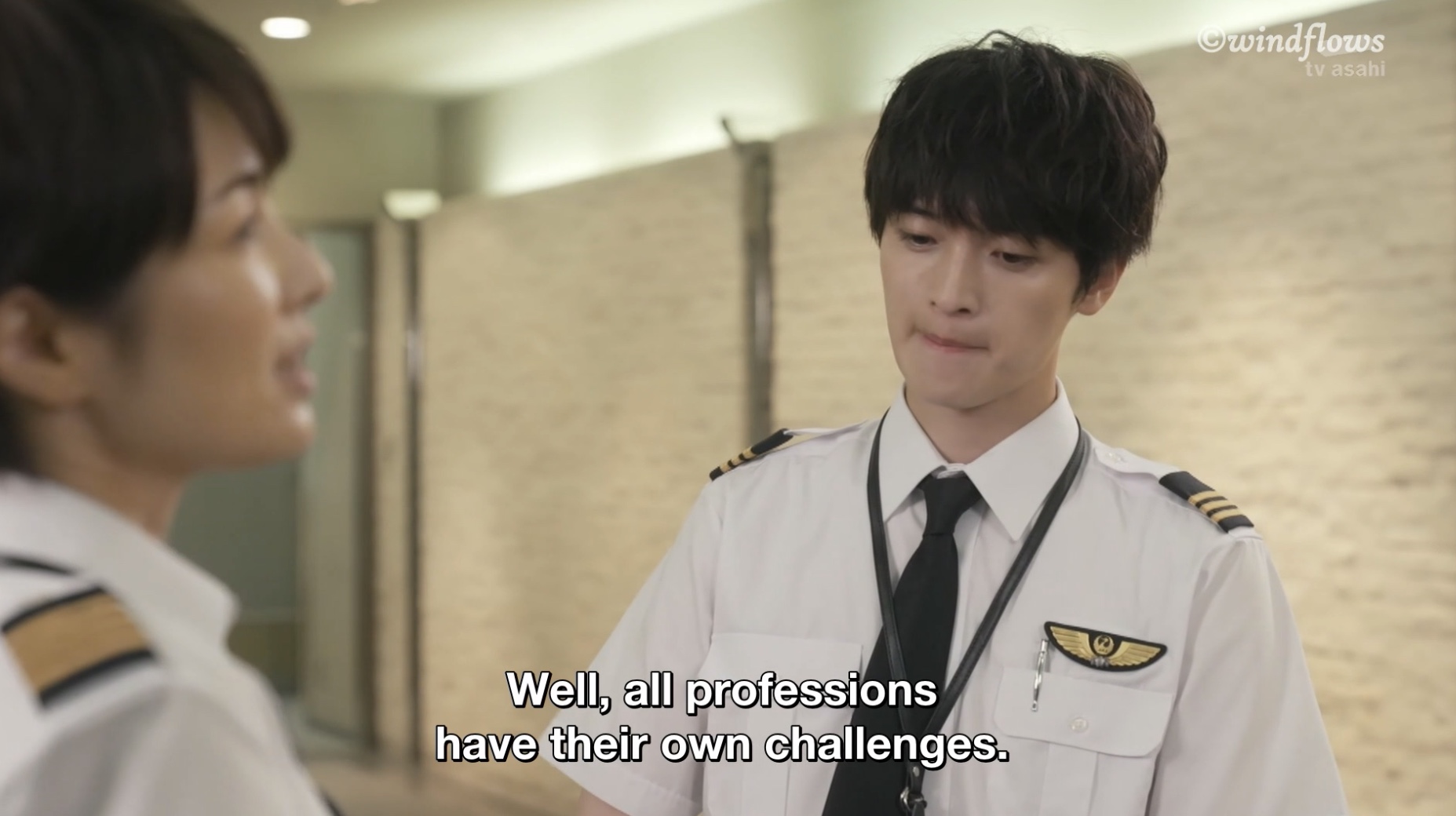
Disclaimer: You can skip the introduction and just read the titles of each drama. As this will/might contain spoilers, if you hate it, then of course don’t read the description, just read the titles if you only want the reference about what drama to watch. But again, what I consider good might not be that good for you. Here I’m just documenting the dramas that I watched and like. I won’t really talk about the details, plots, synopsis, etc. You can find the info about it in more details in Wikipedia or Asianwiki among others. But not here. Here I’m just sharing how I feel about them, why I like them, and all. I’m not a movie critic either. So I can’t really say that the drama is illogical, the lighting and the audio is bad, etc. I focus on the story and parts that I find “worth-watching”. Well, I know it’s too long for a disclaimer. Sorry.
I’ll consider myself a big fan of Japanese drama. I think it all started in college, where some friends of mine are J-freak a.k.a fans of Japanese dramas and movies, and somehow I fell in love with them, too. (Well, if you read my previous posts, you know how much I love Japan, so it’s only natural if I like their dramas and movies. LoL) But, well, I’m not the type who likes something just because my friends like it. So yeah, I like J-dramas and J-movies because I think they are great.
Japanese dramas and movies really have their charms. Even when it’s a funny drama or movies, they usually embed deep meanings and are full of life lessons. They really have this virtuosity in combining funny scenes and sad scenes in one movie and drama. They are really clever and brilliant in pushing the envelope of a story. They often make it clear that it’s just fictional, but the messages hold true even if you take them out of the movies/dramas. There are a lot that we can learn, if we will.
But, ok, I might have talked too much, so let me just share some of them here. This time I’ll focus on dramas, the ones from which I learn a lot. They’re not necessarily ordered so I can’t say number one is better than number two, etc. Each has their own points. But, that’s it. They are so good sometimes it’s hard to pick a favorite. Well, without further ado, let’s list some of those dramas.
- Osozaki no Himawari
The story of this 2012 drama takes place in a remote place (a country side/suburb) in Japan. Long story short, after being laid from his job and dumped by his girlfriend, Kodaira Jotaro (played by Ikuta Toma) decided to take a job in a country side and that’s how the story began. Well, ok, I might be biased because I initially watched this drama because Ikuta Toma, one of my most favorite Japanese actor, played in this drama (I should write a separate post about him later. Haha). But, then I fell in love with the stories and how the conflicts are presented.

I mainly like this drama because it can help us see and understand things from multiple perspectives. The story itself is “ordinary”: just someone from Tokyo coming to a small town, hang out with the locals and stuff. But seriously, the way it is presented is really extraordinary. The way I see it, we can appreciate more of what we consider ordinary. This drama presents everyone’s intertwined conflicts, and from here we can see that sometimes the conflicts are much affected by external factors. Sometimes it’s frustrating but we feel like we can do nothing, there’s no one to blame. We’re trapped in our own thoughts and situations, and that’s what this story is about. I guess, to save some space, I’ll just illustrate 2 major “conflicts” here.
First is about Kodaira Jotaro, the Tokyo guy, and Fujii Junichi (played by Kenta Kiritani), the local. No, the two do not have a conflict with each other. It’s just that the problem revolves around them. So, in this small town, Fujii tried his hardest to build and improve their town. They tried to talk to everyone but nobody seemed to listen but once Kodaira spoke to them, they instantly listened and agreed. All because he was from Tokyo. He was considered great, his ideas must be great, it would be better because it’s him and he’s from Tokyo. See the conflict yet? No?
Well, this is how I see it. It must be frustrating for Fujii that his great ideas weren’t appreciated only because he wasn’t from Tokyo. People kept praising Kodaira, the newcomer from Tokyo, and didn’t appreciate Fujii’s efforts. Being compared like that, some of us would end up hating Kodaira, no? But Fujii knew it’s not Kodaira’s fault. He knew that Kodaira also tried to help him improve the town. They became friends, too. But even if you’re strong, you would want to be appreciated. You want to feel that you’re worthy, that your existence matters, that your efforts count. So yeah, it must hurt Fujii in some ways. If you see the drama, I think you can see his frustration even though he tried to be strong and keep smiling. (Kenta Kiritani played his role as Fujii really well here).
As for Kodaira, he knew – well, he felt – that he’s a “failure” in Tokyo. Yet, here in that small town people praised him and thought highly of him. He also felt bad because initially he just took the job because he couldn’t get one in Tokyo. He also felt bad that people didn’t listen to Fujii. He didn’t want Fujii to hate him. But he knew Fujii was kind and a hard-worker. So he kept trying his best to help him hoping that it would work and that people would also appreciate Fujii.
And that’s why I really like it. I like the strength of each character. I love how the characters faced the situation and the unsaid conflicts wisely. For instance, instead of hating and blaming each other, they put aside their ego and kept being nice to each other and worked together towards the same goals. Fujii didn’t hate or blame Kodaira that people preferred him. He appreciated Kodaira’s help. Kodaira also refused to take credits for what Fujii did. He tried to be humble and nice and worked hard to improve the town, which was also Fujii’s wish. Through this kind of conflict and other stuff happening, he learned to be mature and came to appreciate himself more while also gradually finding his life purpose and what he wanted to do.
Another “conflict” revolves around Nikaido Kahori (played by Yoko Maki). She was a doctor in Tokyo but she actually wanted to do research as she dreamed to invent and develop medicines to cure high-risk diseases. However, her boss laid her off and her parents in that small town wanted her to come back as well since they were lacking of medical doctors. However, since she was actually inexperienced in “practice” as a doctor, (i.e. she did research in the lab not dealt with patients but now that’s exactly what she had to do: examining and treating patients). At first, she was very displeased and seemed unenthusiastic about her job. But she also had her problems since the people around her considered her “incompetent”. As she got used to her new job, she still kept her dream to do research and invent the medicine. So she was kinda in between. She knew the people needed her but her heart was simply not there, she wanted to pursue her dream. At the end, she chose to go back to Tokyo even though things were still not that clear for her. All she knew was that she should pursue her dream no matter how hard it was. She might fail but at least she should give it a try. This might be uninteresting to some of you. But for me, it helped me see the inner conflicts of the character. It’s not easy to make such decisions. The people needed her but she chose to leave. At this point, some of us might be quick to judge and blame her without understanding how she felt about it. But this part also teaches me that sometimes it’s okay to be “selfish” and think about what you want instead of what everyone wants.

I really like this drama. There are other characters with their own problems, too. And we can learn to see and understand how each character faces it. I think somehow this drama can help us not to be judgmental towards others. As we see each conflict, each problem, we see that everyone is also struggling with it. Hence, just because they don’t act like we want, we instead learn to understand why they decided to do one thing over another and that it was not easy to decide on it.
And, oh, one thing that I really like as well is that, (I take it as a bonus. LoL), Kodaira ended up with Nikaido. Their love story really grew gradually and romance wasn’t really the center of this drama, but we can see how the sparks of love was ignited throughout the story. And, man, I really love it when the character I like ends up with the one I want them to be with, especially when they love each other. Everyone’s happy. I love happy endings ^^
- 2. Boku no Ita Jikan
I wanted to write more but I guess this post has been too long, so I’ll just put Boku no Ita Jikan as one of the recommended dramas here. I won’t write anything about it since I have written it in another post before. You can read it here. It’s in the second half of the post. But just as a summary, I like this drama as it revolves around “miscommunication”, “parents’ ambition”, “siblings comparisons”, and “chained pain” while the main character was struggling with his ASL disease. There’s a romance too in this drama, but, well, you know that’s not really my concern. I mean, what I like about J-dramas in presenting such kind of stories is that they make it so that it’s not always about romantic love. Romance is one thing, but while we’re having troubles with romance, we also have other stuff going on, that might affect the romance or that the romance might affect. That’s how… (well, except if their theme is romantic love, it might be different).
Anyway, since this post is too long, let’s end it here. I’ll write about other dramas and movies in another post. And, if you decide to watch it, I hope you’ll like it 😊



Leave a Reply